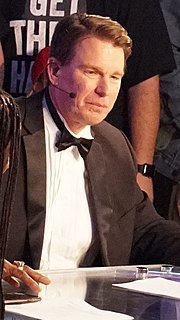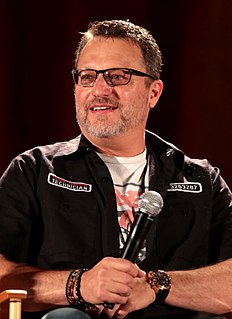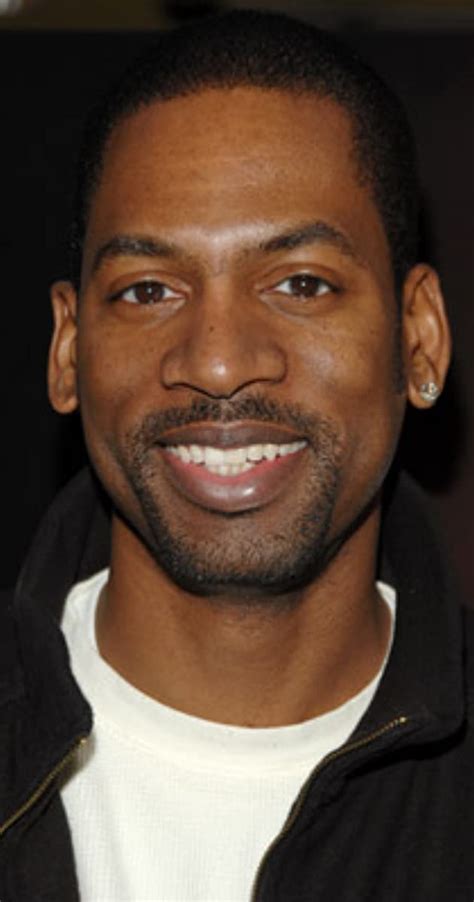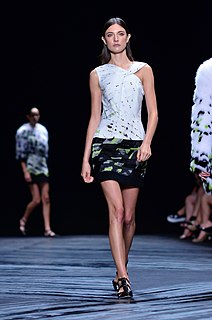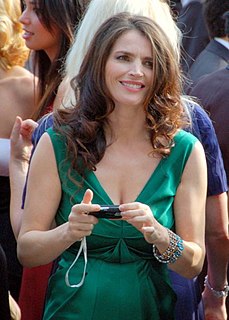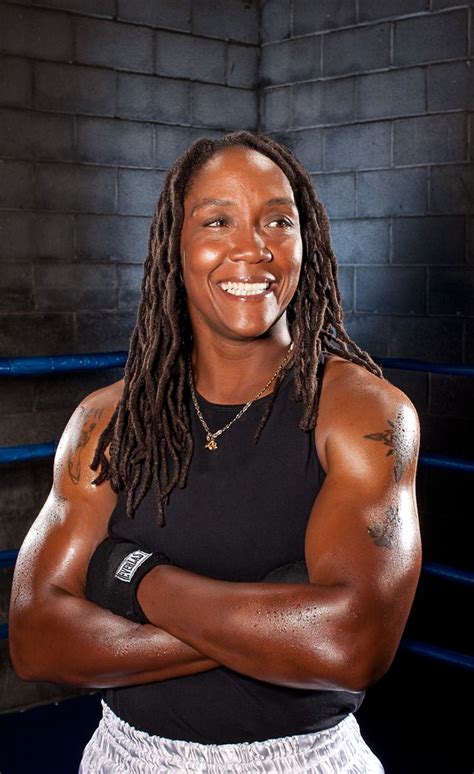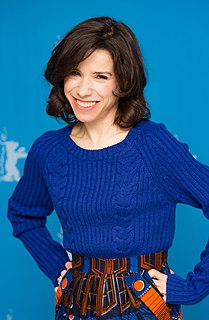A Quote by John Layfield
I started up this program here in Bermuda, working with what society deems under-privileged kids, at-risk kids.
Related Quotes
I started out doing improvised voices when I started working in a program where I read for kids in schools. I had some kids and they asked me if I would mind doing it. I was very happy to do it. Thats where I got my training before I went to the public. I did that for several years. It was actually the best vocal training I could have had.
I started out doing improvised voices when I started working in a program where I read for kids in schools. I had some kids and they asked me if I would mind doing it. I was very happy to do it. That's where I got my training before I went to the public. I did that for several years. It was actually the best vocal training I could have had.
I don't follow trends. I'm a trendsetter. I represent all the younger generations; fly kids, creative kids - they look up to me. I got a program that's called ROAR. I go to all high schools everywhere we go, and I talk to all the kids, and I give away 30-35 tickets and passes to the kids doing good in school. Stuff like that means a lot to me.
I'm actually working on with Autism Speaks. Since my brother's 18, I wanted to work on a program for these older kids. A lot of the schools' special education programs end when the kids are 21, like my brother's school. What is next for these kids? I want him to be constantly active, and not just sitting at home. I want him to be constantly growing and it would be amazing if the funds could go to something like jobs for these kids, or a home where they can be together.
What was on the agenda was school and social life and those kinds of things. So I was the middle of five kids. So I had the great advantage of being able to play up to the older kids and play down to the younger kids and I think that's part of what propelled me to become a teacher at some point in my life. But it was a comfortable childhood. It was a privileged childhood.
I've been training fighters about 10 years. And I know I get the kids that nobody else is gonna want. I get kids who violated probation five, six, seven times. Their parents don't want 'em, the police don't want 'em - nobody wants 'em. And so I say, okay, I was like that. Nobody wanted me. Once I found out that a nobody could do what I did, I took a whole bunch of nobodies. When you take a nobody, they're open to anything, so that's what I started working with. I started working with the worst kids that nobody else wants to deal with.
When I take kids into the woods, I tell them, "What we're going to do today is going to be incredibly dangerous." And you just see 20 smiles go up. "But, we're also going to learn to look after each other, who to work together and who to understand and manage that risk." That's what it's about, you don't empower kids if you don't expose them to risk.
There has to be some more regulation. But our kids have this incredible buffet of they can work in genomics, they can work in pre-omics, or they can work in robotics, or they can work in this, or they can work in that. And within the next five years there will be entirely new industries that come out of nowhere that kids are working in that would have been inconceivable when they started college. Not when we started college.
